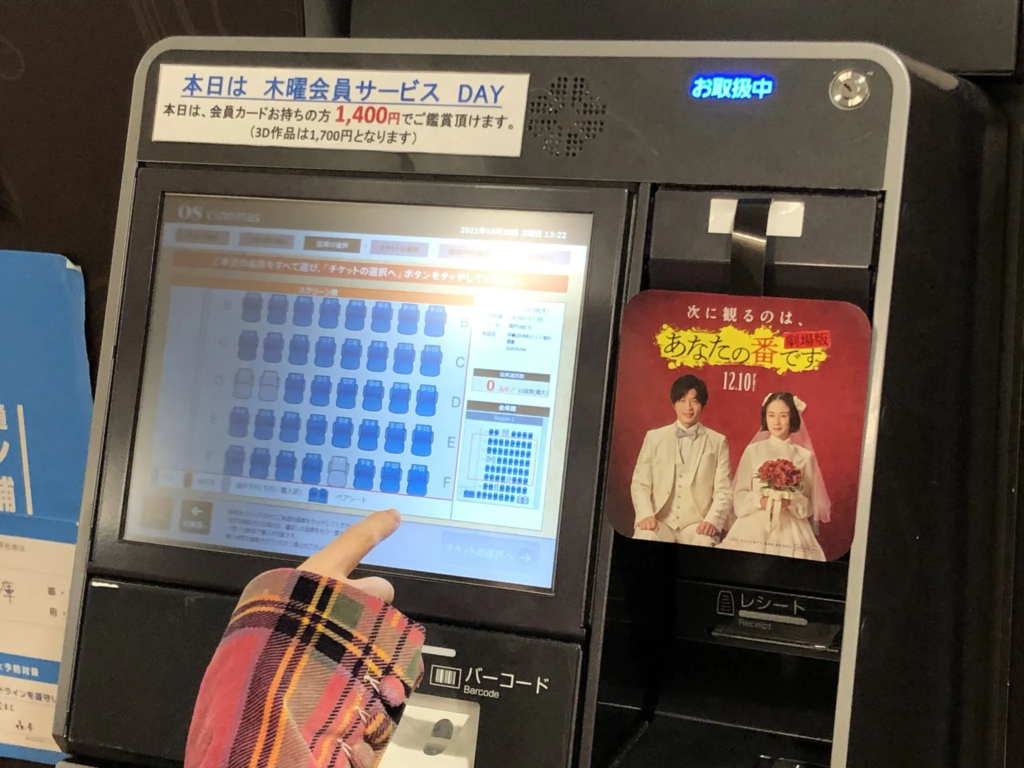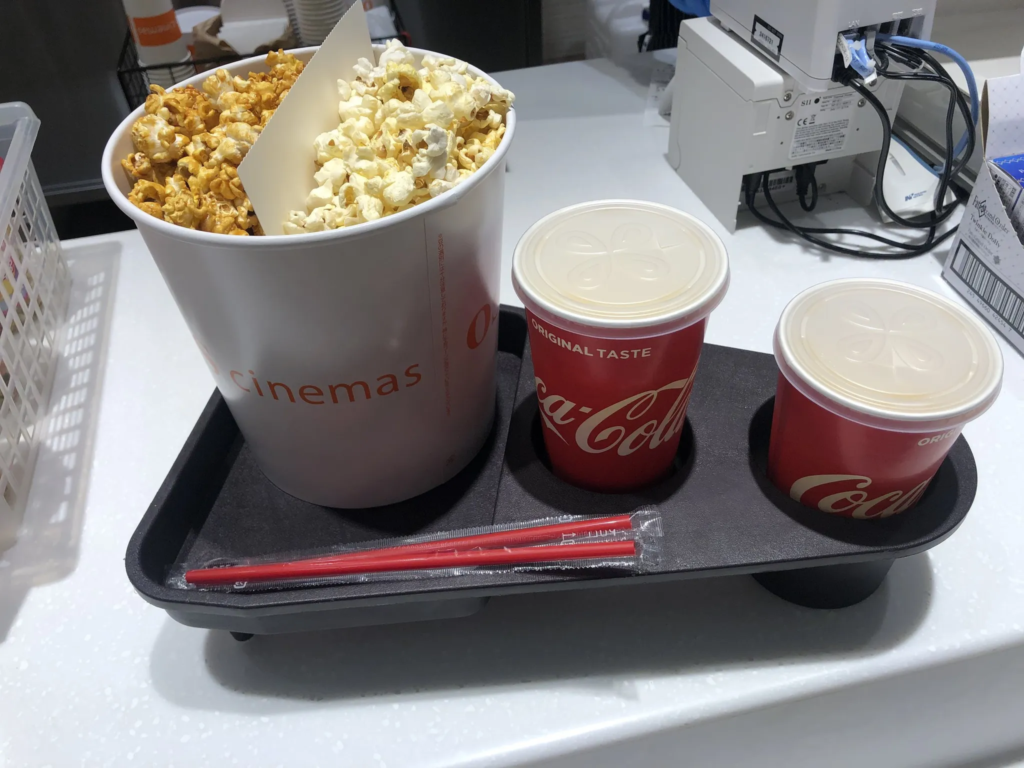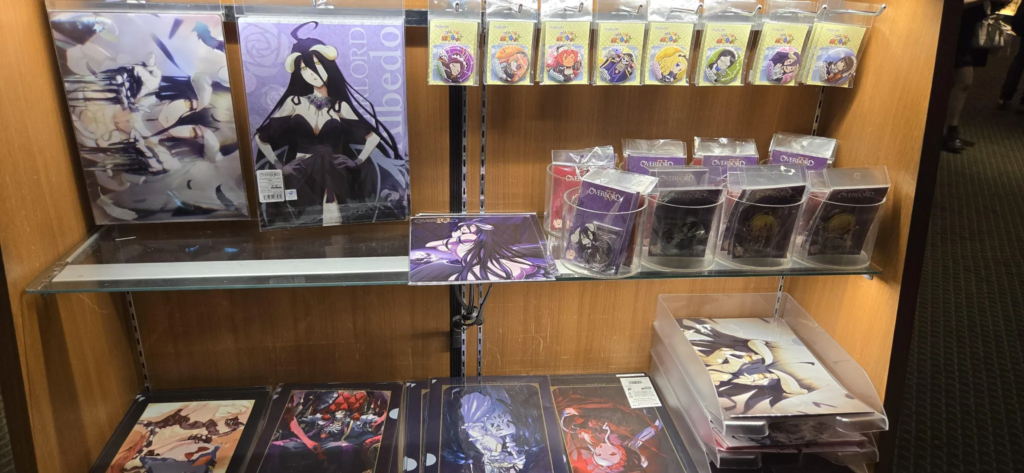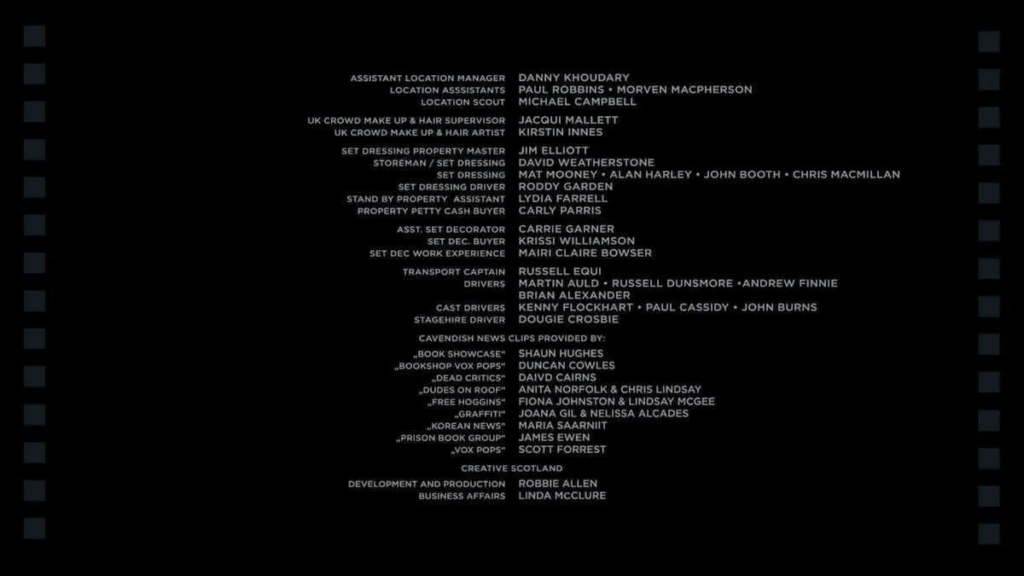As anyone who knows me can tell you, I love movies. I watch them at home, on the train, and, of course, on airplanes. But there is no substitute for watching a film the way they were meant to be seen: in the cinema — and don’t let Netflix tell you otherwise.
As you can imagine, I was excited to go to a Japanese cinema when I first arrived to watch a movie, but… there are some obvious differences. Let me take you through my experiences watching movies at cinemas in Japan. Grab your popcorn, get your drink, and enjoy the show.
Picking Your Film

The first thing to think of is: some films are released later here in Japan than overseas. But also, some are released earlier. I went to see Detective Pikachu in the theater over a week before it was released in the States. That being said, some films, like Wicked, can be delayed by months at a time. So just because something is released abroad, doesn’t meant necessarily mean it’s out in Japan. This is a horror I experienced when I went to see Captain Marvel after reading an article saying it was out, only to discover I was a week early.
Conversely, films tend not to be in Japanese cinemas for as long as run as in the West. Japan has a thriving film industry that they do not want to wither on the vine while people watch the new US blockbuster, so many Japanese films are released every month, and so they need to make room. There in the UK I can be assured to see a film perhaps two months after its release, in Japan this is a huge rarity, make sure to go in the first few weeks.
Subs or Dubs?
The next thing you’ve got to remember is: make sure you go to a subtitled screening. Now, some people don’t like subtitles (for reasons I don’t understand: I appreciate them in the age of mumblecore). But when you’re watching an English language movie in Japan, you should go for the subbed version. You can tell when something is subtitled with the characters 字幕, whereas Japanese dubbed films have 吹替 written after the title. Many films have Japanese dubbing, but if you don’t speak Japanese… it can be tricky to understand. The subtitled version will have Japanese subtitles to the English language voices.
This is actually a great way to practice your Japanese. Whether you read subtitles to refine your understanding of kanji, or you decide to go for broke and watch a film in Japanese, it’s a valued learning experience. I saw an anime movie wayback in 2019, and was proud of myself afterwards that I managed to follow the entire plot. Conversely, it’s fun reading the Japanese subtitles to know how far I’ve come in my reading ability, as well as learn new characters.
Snacks and Souvenirs
Like any country, Japanese cinemas make extra cash from things beyond the ticket, but I was surprised by how diverse — and cool — those things are.
Cinema Snacks

One thing I was absolutely astonished by when visiting a Japanese cinema was the incredible food on offer. Naturally, you have your staple popcorn and soda, but you can also get freshly made karaage, and I’ve even seen Japanese curry on sale. Not only that, but you can often find special food and drink related to a particular film. These are limited time items only, so it’s best to try them while you can.
Another thing that might be a little different to theaters abroad is that in Japan, while it’s not openly advertised or encouraged, it is usually acceptable to bring your own snacks into the cinema. Generally speaking, things like potato chips or anything else noisy are frowned on, but I’ve seen people bring in fast food burgers from restaurants, as well as cheeky cans of alcohol (usually beer — which can also be bought at the concession stand. I’ve never seen wine or anything in a bottle).
Merch!

One thing that stunned me about Japanese cinemas was the merchandise. I’m used to special popcorn buckets back home, but when you venture into a Japanese cinema, you can find clothing, art books, toys, and more, all related to the films that are currently playing. I still have an Infinity Gauntlet-themed oven glove from the day I went to see Avengers: Endgame.
But you can also get some freebies, especially at larger chains. When I saw the aforementioned Marvel opus, I not only got a free pamphlet, but also a small Thor-bobble toy. When I saw Spider-man: No Way Home, I got a free trading card and a calendar, which I later turned into a poster after 2022 ended.
Another small but fun thing is the numerous mini-posters that you can find, advertising upcoming movies. I personally take a couple home every time I visit the cinema, and add them to my fridge.
Commercials and Warnings
One thing that might surprise newcomers is that Japanese cinemas are fairly strict on time. While in the UK, if a showing starts at 6:30pm, I know I have at least until 7pm after the advertisements and trailers, you will find that in Japan trailers are typically shorter, and they don’t play as many, so it’s a good idea to get there as soon as possible.
But easily the best advert that will play before every movie is: No More 映画泥棒*!*, or “No More Movie Thieves!”. I get hype for this every visit to the movies. It is essentially an anti-piracy warning, wherein a groovy anthropomorphic video camera attempts to record the movie, often engaging in acrobatics and fun dancing, before being apprehended by the keen-eyed theater police.
Discounts?
Like any cinema, you usually get discounts for membership, or for falling into a certain class. Usually, students, women, and seniors get discounts on certain days. But some cinemas, like the T-Joy in Shinagawa, will also have discounts if you’re seeing a show after around 8pm.
Credit Where Credit’s Due

Another thing that may strike viewers as odd is that in Japan, people sit in silence to watch the credits — and not just because they want a post-credits scene. It’s a mark of respect not only for the actors, but all of the crew who worked hard on the film. Talking over the credits is considered to be pretty rude, and I’ve gotten dirty looks before, so keep quiet.
Closing Thoughts at Curtain Call
Japanese cinemas aren’t especially intimidating. There may be some issues if your Japanese isn’t as good as it could be yet, and some cultural mores like staying put until the credits have ended, and not complaining too much if someone sneaks in their own fast food. But if you settle in your seat, pick the right film, and try not to be too noisy, you’ll have as good a time as you can in any other theater.





